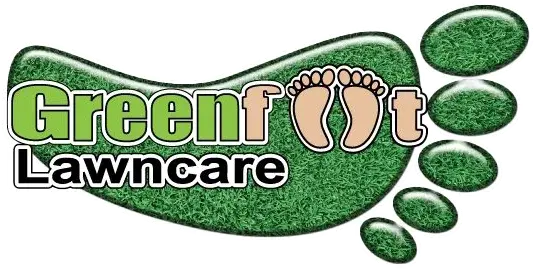You can prune Crepe Myrtles any time during the late winter or early spring before growth begins, without loss of flower buds. Everywhere you prune the plant it will sprout new growth and flower. Do not prune in early fall before the first frost.
As a relative of the mouse, voles are also referred to as meadow or field mice. These little rodents are small animals about 3 to 9 inches long with small eyes and can multiply like crazy. Managing their population in Cumming, GA is very important in preventing them from destroying your yard.
Having a lawn in northern Georgia generally means your soil is acidic, which means you have to regularly apply lime amendments in order to increase the pH of it. Bermudagrass (and other grasses) cannot absorb nutrients properly without a healthy pH, which is typically between 5.8 and 7.0.
Scalping your lawn is the process of removing all the old brown winter foliage. Scalping is relatively easy, but messy.
Tall fescue lawns may thin out over the summer, and your yard may appear clumpy. Thankfully, fall is the season for overseeding and getting your Fescue back to a solid green turf. Here are some steps on how to overseed your tall fescue lawn.
Most people don’t go outside of the ordinary when it comes to lawn care. In fact, most homes that have lawns also have a lawn mower. This is not the only option! Although some of the ways to cut grass without a lawn mower are outdated, there are many options that are effective.
